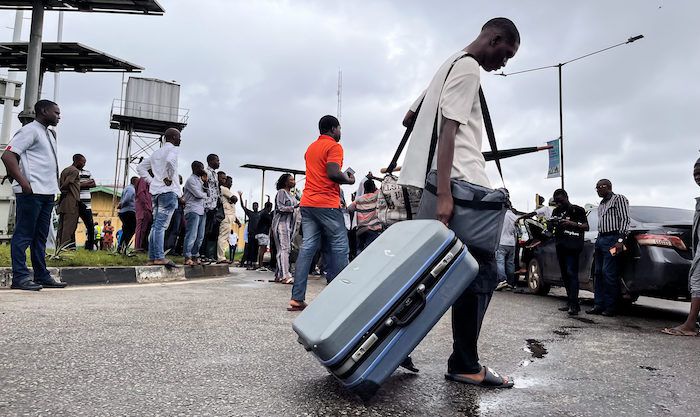Inflation and housing costs in major diaspora destinations have soared, reducing disposable income. At the same time currency fluctuations make remittances less valuable. Returning home allows many to leverage lower domestic expenses, own property more affordably and stretch their earnings further.
Elder care, child education and major life events often prompt a sense of duty to be closer to relatives. Cultural traditions emphasise communal support, so many returnees prefer to fulfil parental expectations and build their children’s sense of identity by raising them in a Nigerian environment.
Nigeria’s tech hubs, creative industries and agribusiness are experiencing rapid growth. Startups and established firms alike offer roles that value international experience. Returnees find chances to lead projects, launch ventures or secure executive positions that may have been less accessible abroad.
Policies such as simplified expatriate quotas, tax relief for returning professionals and funding for diaspora-led enterprises have reduced barriers to return. Streamlined processes for recognizing foreign qualifications and opening local bank accounts further smooth the transition.
Many who gained skills overseas feel called to apply their expertise to local challenges. Returnees often take roles in public policy, education and healthcare, hoping to drive systemic improvements and mentor the next generation of Nigerian leaders.
Recent investments in road networks, power supply and digital connectivity have enhanced business environments and quality of life. Better hospitals, international schools and urban amenities make Nigerian cities more attractive to those who once left seeking better conditions.
Professional associations and diaspora organisations now offer mentorship, networking events and relocation assistance. From housing referrals to business incubation programs, these support structures help returnees reintegrate more smoothly and amplify their impact at home.
























